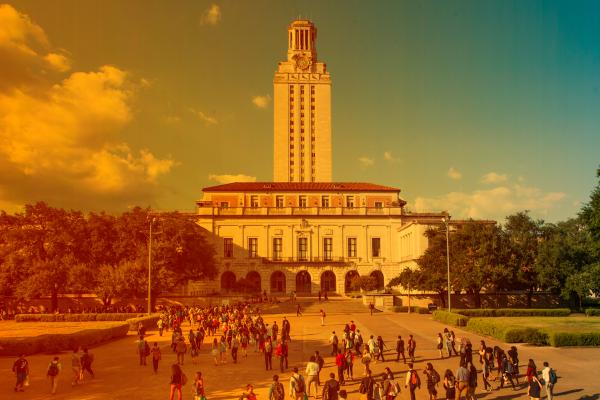News
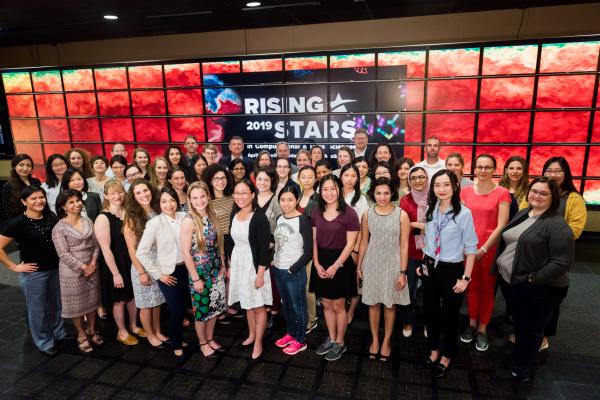
Empowering the Next Generation of Women-in-STEM Leaders
More than 35 of the nation’s best and brightest women in computational and data sciences come together for "Rising Stars in Computational and Data Sciences."
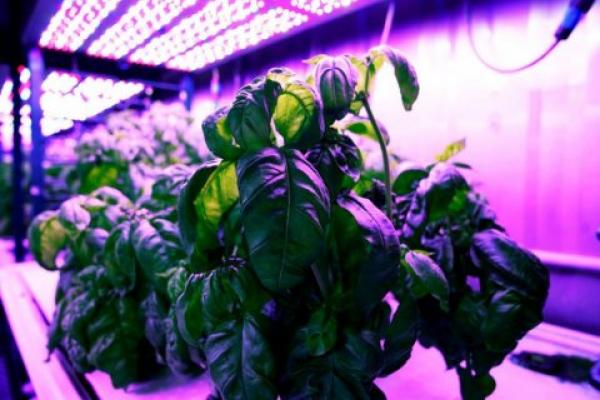
Using Machine Learning to Revolutionize the Future of Food Production
Researchers from Texas Computer Science and MIT’s Media Lab use machine learning to both improve and automate farming.
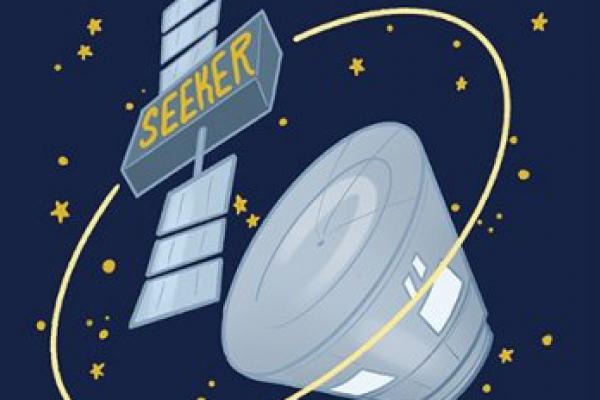
UT Students Develop Software to Help Satellites Seek Objects
A navigating software developed by UT students for a NASA satellite launches with a resupply mission to the International Space Station.
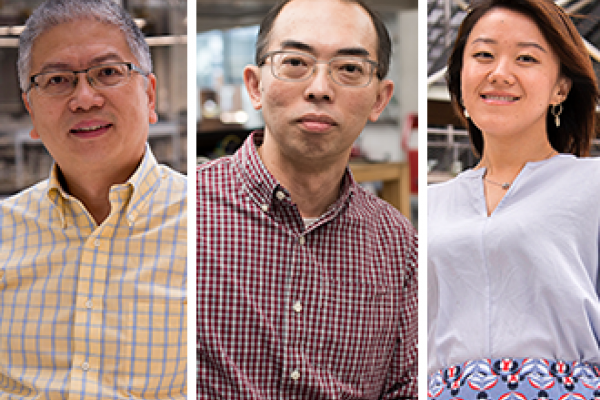
UT Austin to develop next generation grid forming PV inverters to enhance the resilience of the power grid

Peeling Back the Darkness of M87
TACC's supercomputers play pivotal role in Event Horizon Telescope's first-ever black hole image
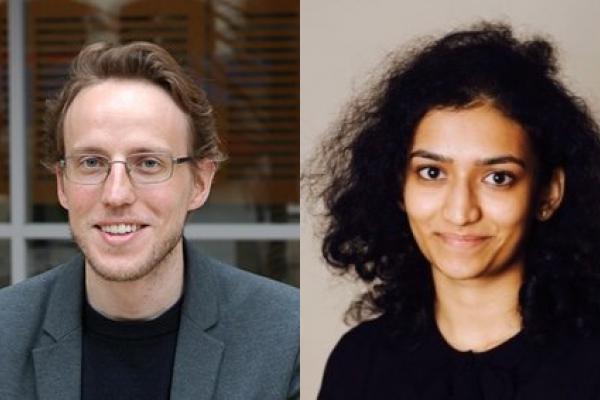
Teaching Computers to Imitate Human Perception
Computer Science and Neuroscience team uses artificial neural networks to predict with greater accuracy than ever before how different parts of the brain respond to specific words.
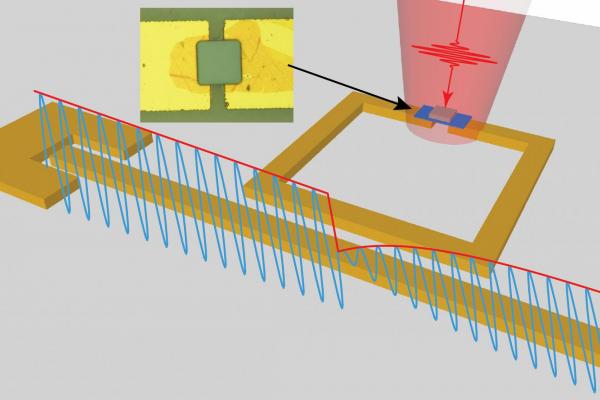
Measurement of Semiconductor Material Quality is Now 100,000 Times More Sensitive
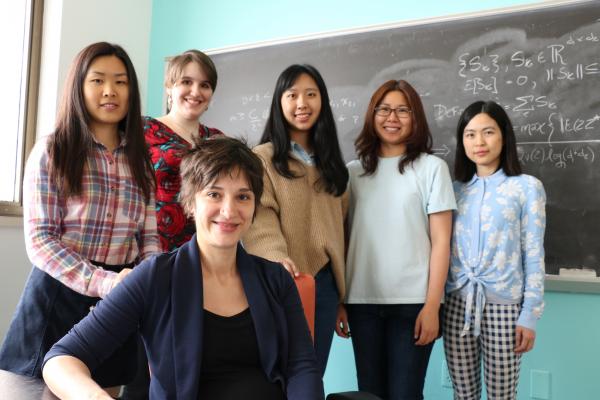
MRIs, Facebook, and Autonomous Vehicles Benefit from Data Scientist Rachel Ward's "New Math" for Everyday Life
A surprising amount of everyday life is governed by advanced mathematics.
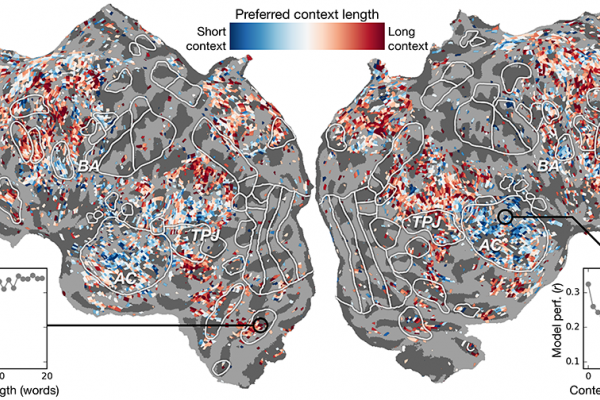
Brain-Inspired AI Inspires Insights about the Brain (And Vice Versa)
Research from Huth lab at UT Austin predicts how neurons respond to language in context
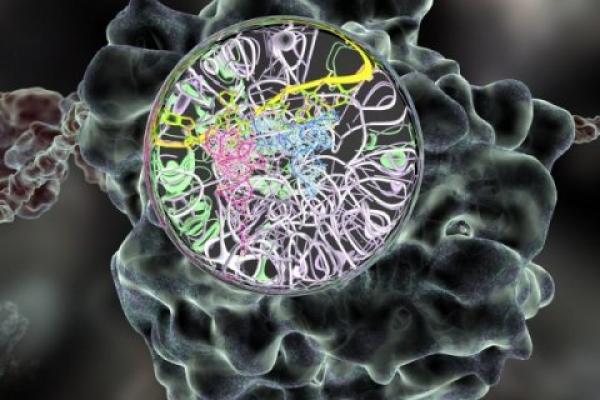
Changing the Future of Gene-Editing
Computer scientists develop the Chip Hybridized Affinity Mapping Platform (CHAMP), a genome sequencing chip.
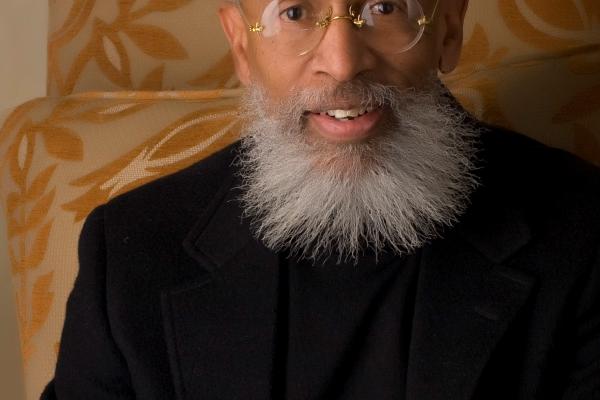
King Davis to Receive Benjamin Rush Award for Central State Hospital Archives Project
The hospital retained thousands of original documents and photographs from 100 years of segregated admissions and treatment, but they needed assistance to preserve, organize, and increase electronic access to these documents – consistent with existing law.
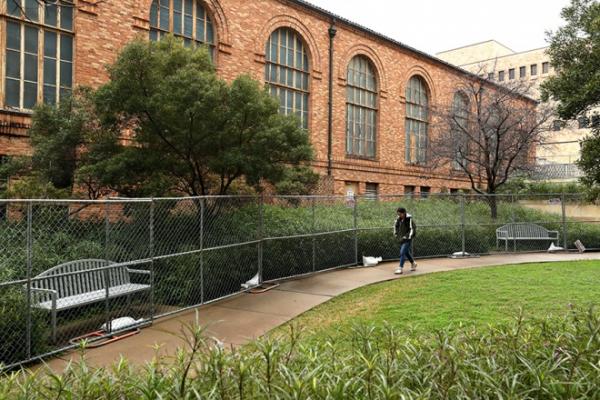
Construction begins on Anna Hiss Gym to house robotics programs
Robotics labs located across engineering and natural sciences buildings will receive a new centralized home.
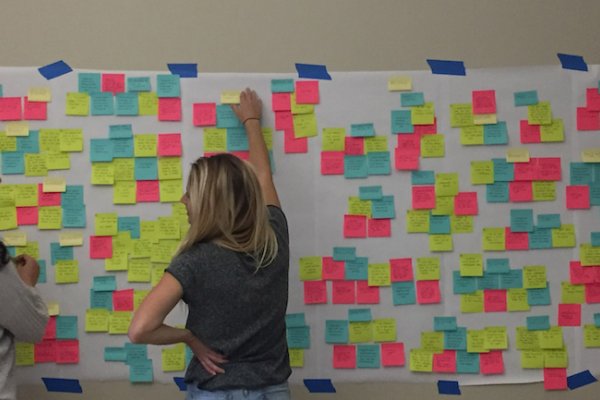
New iCare App Promises Holistic, Patient-Centered Care Model
A clinician-to-clinician facing tool, the iCare app adds reliability in accessing information about a patient’s medical history, but it can also facilitate communication directly from one medical professional to another –without having to depend on the patient as information provider.
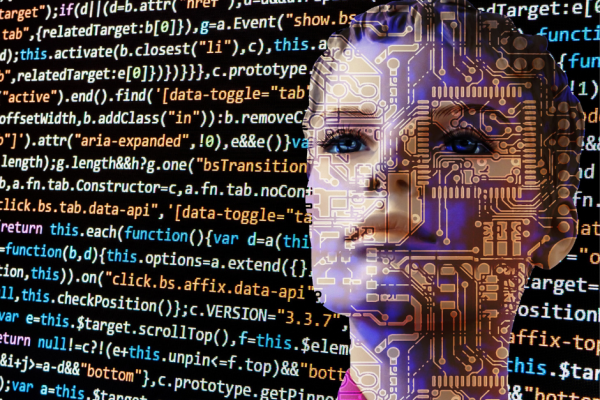
Grant to Boost Understanding of Ethical, Political, and Legal Implications of Machine Learning
Project will educate and prepare machine learning researchers and developers about the potential ethical, legal, and policy implications of their work, and help future policy makers and legislators regulate and legislate to ensure safe, efficient use of machine learning.
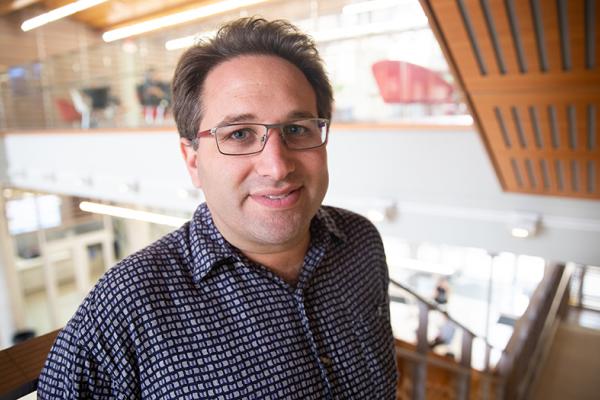
The Implications of Quantum Computing: Internet Security, Random Bits, and More
Scott Aaronson, Texas Computer Science professor and quantum computing researcher, discusses the three main possibilities for the future of quantum computing.
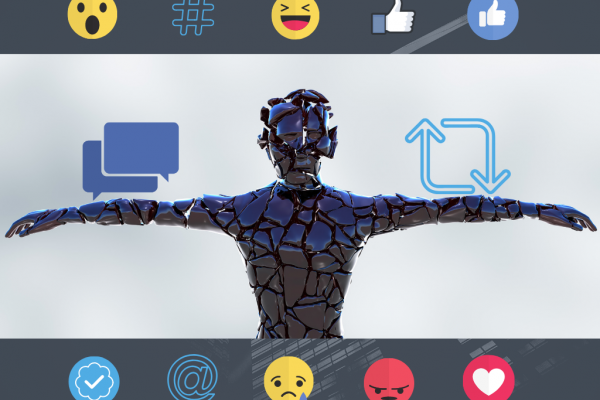
Reading Metadata to Combat Disinformation and Fake News Campaigns
By identifying and understanding disinformation tactics as data craftwork, information researchers can read social media metadata just as closely as algorithms do, and possibly with more precision than the platforms’ moderation tools,
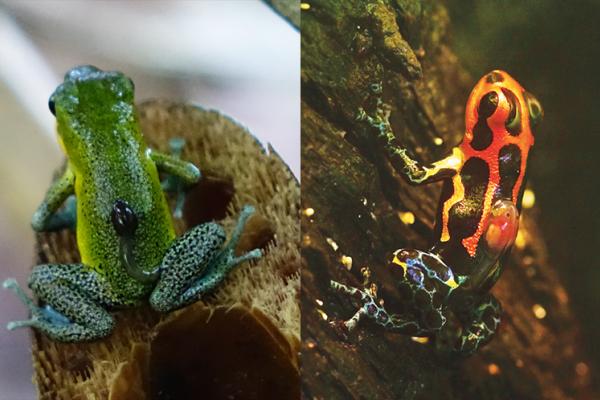
Turning Animals Monogamous
According to a new study led by researchers at UT Austin that looked at 10 species of vertebrates, evolution used a kind of universal formula for turning non-monogamous species into monogamous species
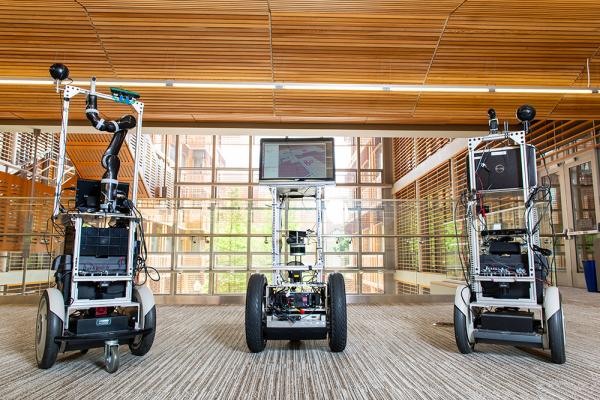
Changing the Texas Computer Science Experience: the Building-Wide Intelligence Project
Merging the fields of robotics and artificial intelligence in an aim to create robots that are both helpful guides for visitors on campus and useful platforms for groundbreaking research.
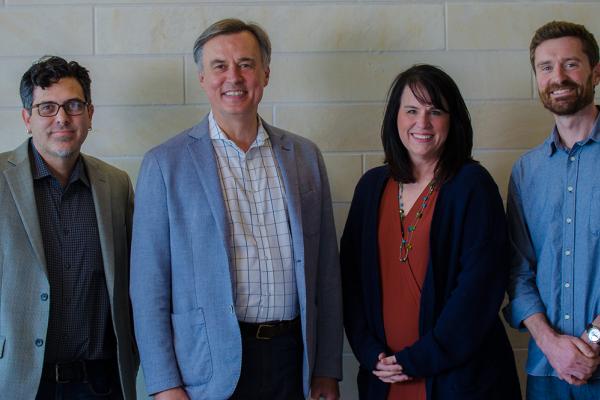
Smartphones Enable Study to Combat Pregnancy Complications
To combat pregnancy complications and maternal mortality, the NSF awards UT Austin a $1.2 million Smart and Connected Health grant to support research using smartphones to monitor 1,000 pregnant women in the Austin area

Predictive Modeling for Next-Generation Heterogeneous Computer System Design
Texas ECE Professors Andreas Gerstlauer and Lizy K. John together with collaborators at the University of California, Riverside have been awarded a $1M grant by the National Science Foundation (NSF) to study application of machine learning techniques for performance and power prediction in early design stages of future computer systems.
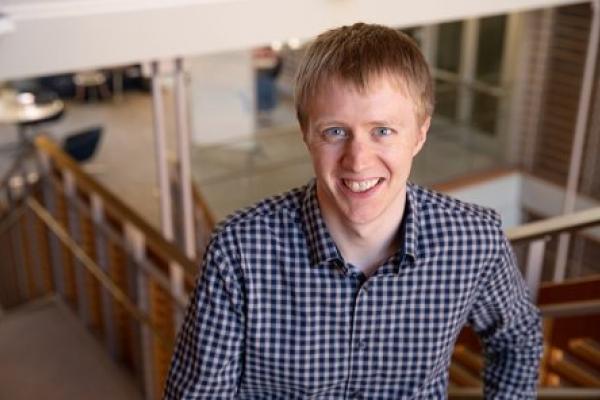
Teaching Computers to Read with Machine Learning
Assistant Professor Greg Durrett's research teaches computers how to identify subtle nuances of natural language.
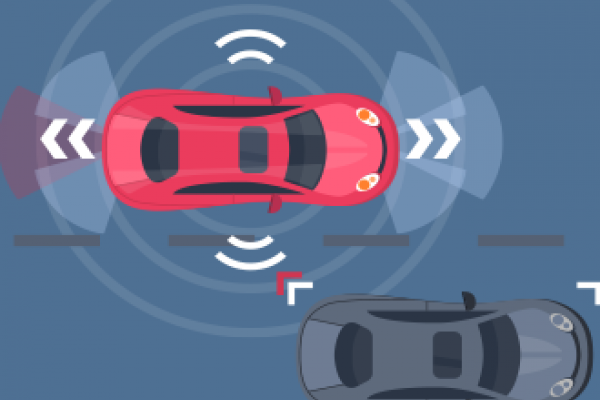
Investigating Visibility and Interactive Information Sharing in Collaborative Sensing Systems
Prof. Gustavo de Veciana and Prof. Haris Vikalo of Texas ECE have received a grant from the National Science Foundation (NSF) to investigate visibility and interactive information sharing in collaborative sensing systems. The proposed research effort will "advance the state-of-the-art in collaborative sensing systems which are expected to benefit the field and society more broadly, through planned efforts in education innovation, achieving diversity, engaging the community and industry, and disseminating results to a wider public."
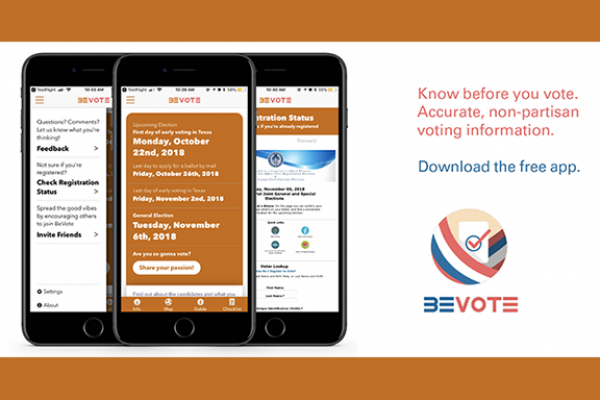
Voting App “BeVote” Programmed by UT Students
Students in the Simulation and Game Applications Lab develop a free cellphone app that provides accurate, nonpartisan information to help students become better informed voters.
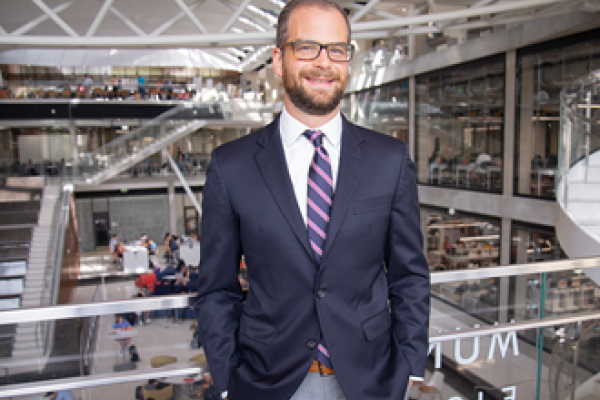
Prof. Seth Bank Awarded Prestigious NSF Quantum Information Programs
The University of Texas professor Seth Bank is involved in two new multi-university million dollar multi-disciplinary projects from the National Science Foundation aimed at fostering collaboration in quantum information and computation research. The foundation of both projects is a new class of artificial semiconductor materials developed in Bank’s lab that are engineered at the few atom scale to exhibit electronic and optical properties not found in nature.
